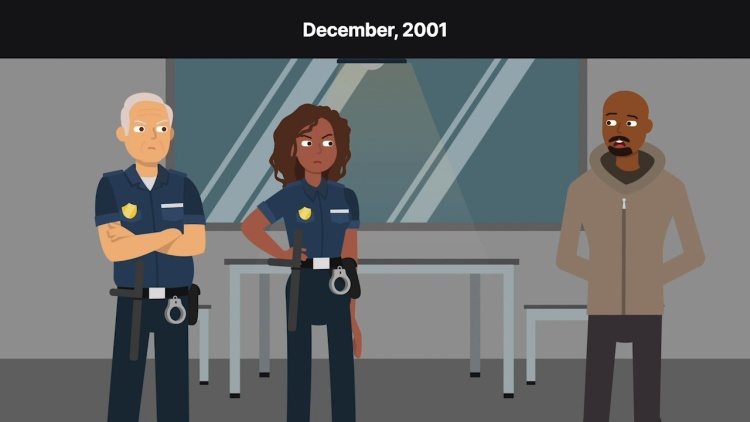State v. Hatcher
Tennessee Supreme Court
310 S.W.3d 788 (2010)
- Written by Caroline Milne, JD
Facts
On April 3, 2001, Shawn Hatcher (defendant), his brother Chris Hatcher, Cornelius Jefferson, and Dan Smith went to an apartment in Memphis. Upon entering the apartment, Shawn, Chris, Jefferson, and Smith began shooting at the apartment’s three occupants. One of the occupants, Marcel Mackey, was killed, and the other two occupants were shot but survived. Shawn was eventually arrested and gave the police a detailed statement approximately eight months after the shooting occurred. Shawn told the police that he had been drinking alcohol and smoking marijuana throughout the day of the shooting, but did not drink or smoke for a few hours before the crime. Shawn provided a detailed timeline of the day and explained how he, Chris, Jefferson, and Smith ended up at the apartment where they shot the victims. Shawn admitted that he was at the apartment during the shooting. Shawn was subsequently charged with multiple crimes and convicted of first-degree premeditated murder of Mackey, an alternative count of first-degree felony murder of Mackey, and attempted first-degree premeditated murder of the other two occupants. Shawn appealed, arguing that the trial court erred when it declined to instruct the jury on voluntary intoxication. The court of criminal appeals determined that Shawn was not entitled to relief. Shawn appealed.
Rule of Law
Issue
Holding and Reasoning (Clark, J.)
What to do next…
Here's why 911,000 law students have relied on our case briefs:
- Written by law professors and practitioners, not other law students. 47,100 briefs, keyed to 997 casebooks. Top-notch customer support.
- The right amount of information, includes the facts, issues, rule of law, holding and reasoning, and any concurrences and dissents.
- Access in your classes, works on your mobile and tablet. Massive library of related video lessons and high quality multiple-choice questions.
- Easy to use, uniform format for every case brief. Written in plain English, not in legalese. Our briefs summarize and simplify; they don’t just repeat the court’s language.








